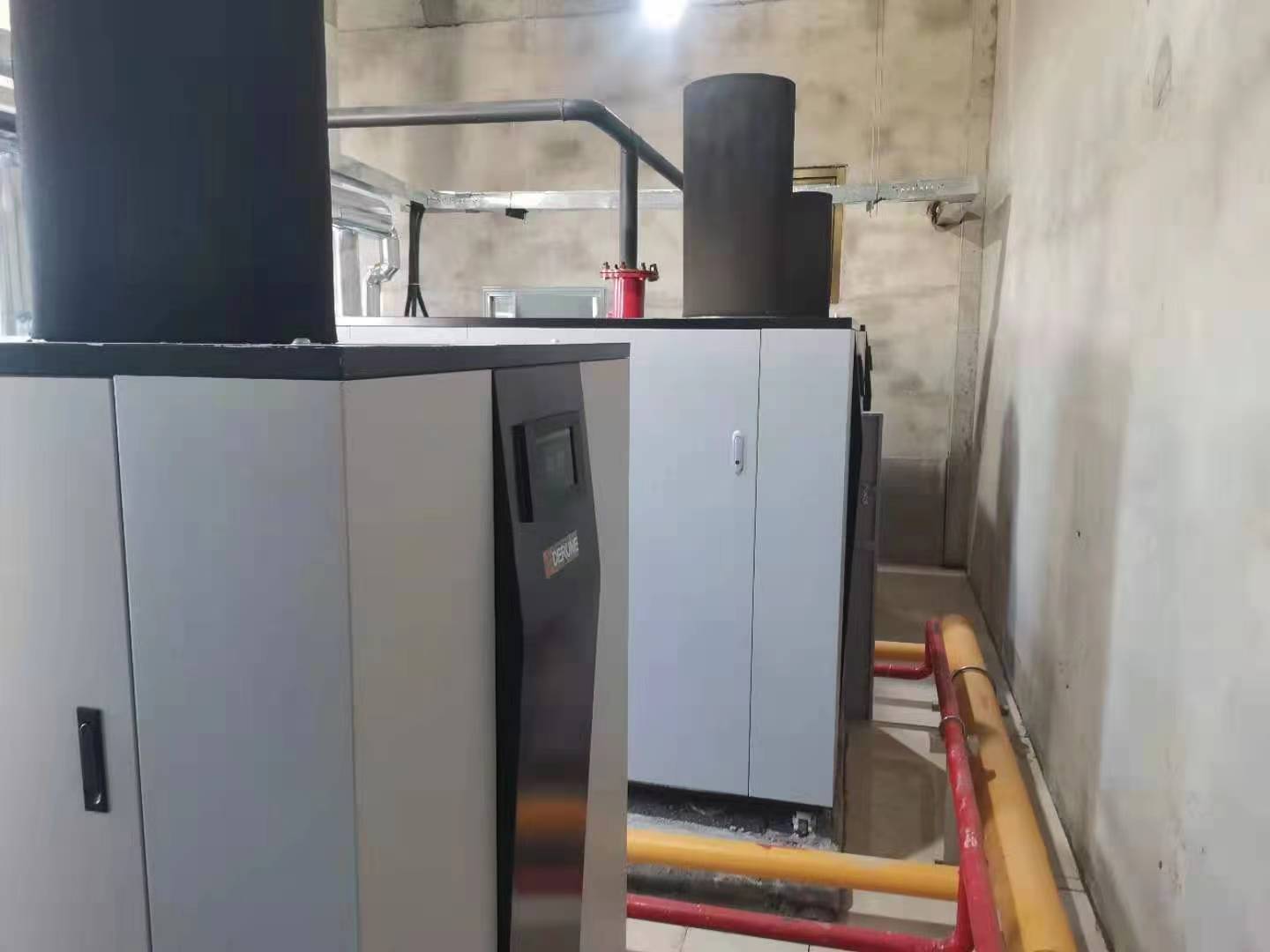- Afrikaans
- Albanian
- Amharic
- Arabic
- Armenian
- Azerbaijani
- Basque
- Belarusian
- Bengali
- Bosnian
- Bulgarian
- Catalan
- Cebuano
- China
- China (Taiwan)
- Corsican
- Croatian
- Czech
- Danish
- Dutch
- English
- Esperanto
- Estonian
- Finnish
- French
- Frisian
- Galician
- Georgian
- German
- Greek
- Gujarati
- Haitian Creole
- hausa
- hawaiian
- Hebrew
- Hindi
- Miao
- Hungarian
- Icelandic
- igbo
- Indonesian
- irish
- Italian
- Japanese
- Javanese
- Kannada
- kazakh
- Khmer
- Rwandese
- Korean
- Kurdish
- Kyrgyz
- Lao
- Latin
- Latvian
- Lithuanian
- Luxembourgish
- Macedonian
- Malgashi
- Malay
- Malayalam
- Maltese
- Maori
- Marathi
- Mongolian
- Myanmar
- Nepali
- Norwegian
- Norwegian
- Occitan
- Pashto
- Persian
- Polish
- Portuguese
- Punjabi
- Romanian
- Russian
- Samoan
- Scottish Gaelic
- Serbian
- Sesotho
- Shona
- Sindhi
- Sinhala
- Slovak
- Slovenian
- Somali
- Spanish
- Sundanese
- Swahili
- Swedish
- Tagalog
- Tajik
- Tamil
- Tatar
- Telugu
- Thai
- Turkish
- Turkmen
- Ukrainian
- Urdu
- Uighur
- Uzbek
- Vietnamese
- Welsh
- Bantu
- Yiddish
- Yoruba
- Zulu
12月 . 25, 2024 11:57 Back to list
Quality Cast Iron Parts Supplier for Durable Manufacturing Solutions and Custom Designs
Understanding the Role of Cast Iron Parts Manufacturers in Industry
Cast iron is revered for its unique properties and versatility, making it a cornerstone material in various industrial applications. The role of cast iron parts manufacturers is critical, as they not only produce components that meet specific industrial needs but also ensure quality, efficiency, and innovation in the manufacturing process. This article delves into the significance of these manufacturers, the intricacies of the casting process, and the diverse applications of cast iron parts in different sectors.
The Importance of Cast Iron
Cast iron is an alloy primarily composed of iron, carbon, and silicon, characterized by its excellent casting properties, abrasion resistance, and ability to withstand high temperatures. Its high fluidity when molten makes it ideal for intricate part designs. The use of cast iron parts spans several industries, including automotive, construction, piping, and even cookware. Each application exploits the unique characteristics of cast iron, whether it's for high-stress components, wear-resistant surfaces, or thermal stability.
The Casting Process
The manufacturing of cast iron parts involves several key steps. The first stage is the preparation of the mold, which can be made from sand, metal, or ceramic materials. Depending on the intended application, manufacturers might choose different molding techniques such as sand casting, shell molding, or die casting. Each method has its advantages and is selected based on factors like production volume, precision, and cost.
Once the mold is ready, molten cast iron is poured into it. The temperature at which cast iron is melted typically ranges from 1,200°C to 1,500°C. After melting, the iron is cast into the mold and allowed to cool, forming a solid part. The cooling time and conditions can greatly affect the properties of the final product, including its strength and hardness.
After solidification, the cast iron parts undergo various finishing processes such as machining, grinding, and surface treatment. These processes are vital for achieving the required tolerances and surface finishes needed for specific applications. Quality control is integrated at every stage, ensuring that the final components meet industry standards and customer specifications.
cast iron parts manufacturer

Innovations in Cast Iron Manufacturing
In recent years, advancements in technology have revolutionized cast iron manufacturing. Techniques such as computer-aided design (CAD) and computer-aided manufacturing (CAM) have enhanced precision and efficiency. Moreover, the use of simulation software allows manufacturers to predict potential defects in casting, thereby minimizing waste and optimizing processes.
Additionally, the rise of sustainable manufacturing practices has encouraged cast iron parts manufacturers to adopt eco-friendly methods. For example, the use of recycled materials in the production of cast iron not only reduces waste but also decreases the carbon footprint associated with manufacturing processes. As industries increasingly prioritize sustainability, cast iron parts manufacturers are adapting to meet these demands by improving their recycling techniques and reducing energy consumption.
Applications Across Industries
The versatility of cast iron parts makes them indispensable across various industries. In the automotive sector, components like engine blocks, transmission cases, and brake rotors often utilize cast iron due to its excellent wear resistance and dimensional stability. In construction, cast iron is equally valuable for heavy-duty products such as manhole covers, pipes, and structural beams that require strength and durability.
Furthermore, in the home goods sector, cast iron cookware has seen a resurgence in popularity. Renowned for its heat retention and even cooking properties, products like cast iron skillets and Dutch ovens are sought after by both amateur cooks and professional chefs alike.
Conclusion
Cast iron parts manufacturers play a pivotal role in the development and production of essential components across various sectors. Their expertise in the casting process, commitment to quality, and adoption of innovative technologies ensure that cast iron continues to be a material of choice in modern manufacturing. As industries evolve and embrace sustainability, these manufacturers will be at the forefront, adapting to new challenges and continuing to innovate in the production of cast iron parts for generations to come.
-
Reinforced Concrete Pipe Mold/Mould Pallets & Bottom Rings - Durable Solutions
NewsApr.29,2025
-
Original Supplier of Concrete Pipe Mould Bottom Rings Durable & Custom Solutions
NewsApr.29,2025
-
AODD Pumps Premium Custom & ODM Solutions Buy Direct
NewsApr.29,2025
-
Custom Cast Steel Pipe Mould Pallets Durable & Precision-Made
NewsApr.28,2025
-
Custom FRC Concrete Pipe Pallets & Molds High-Strength Solutions
NewsApr.28,2025
-
High-Durability Stamping Concrete Pipe Mould Bottom Ring Buy & Custom
NewsApr.28,2025


